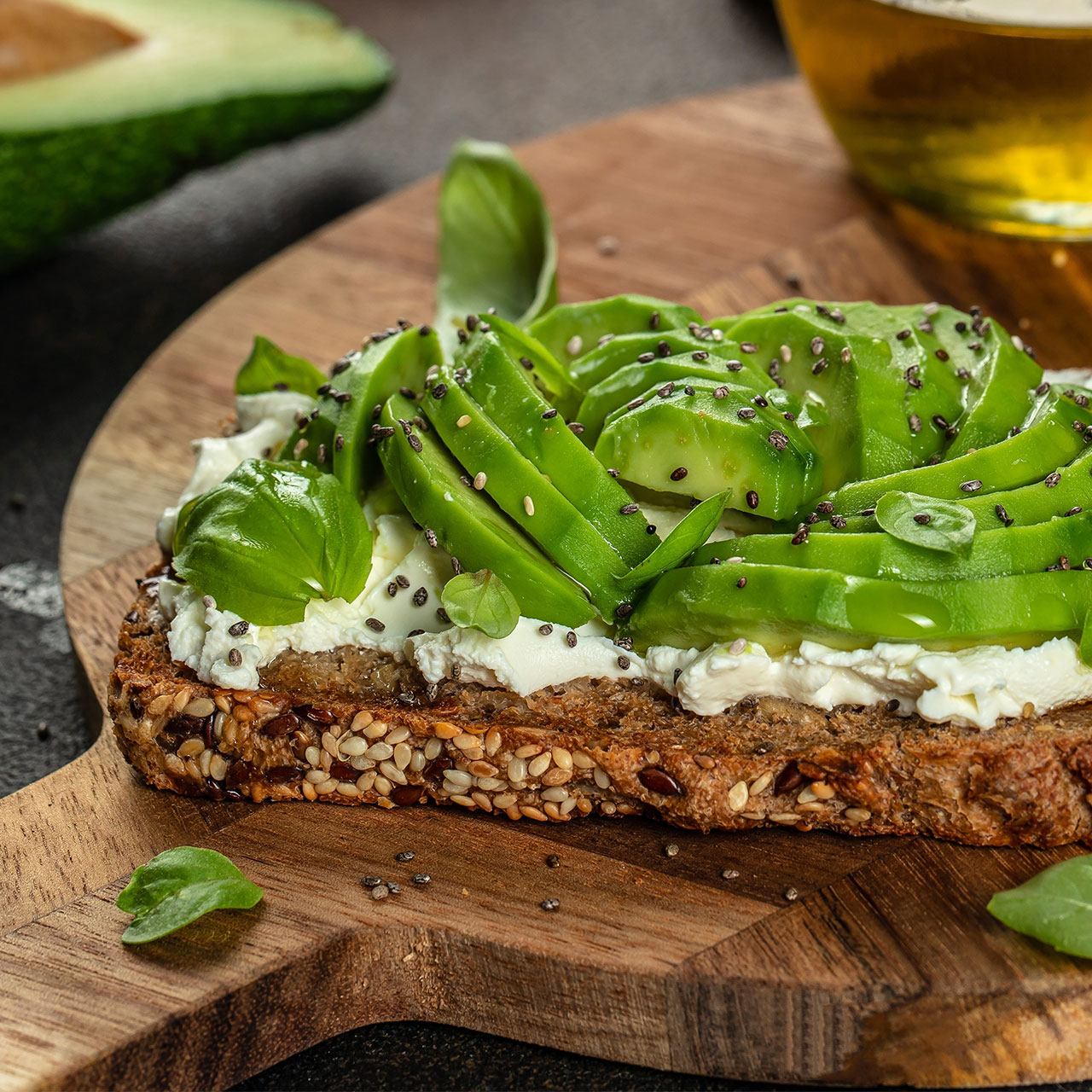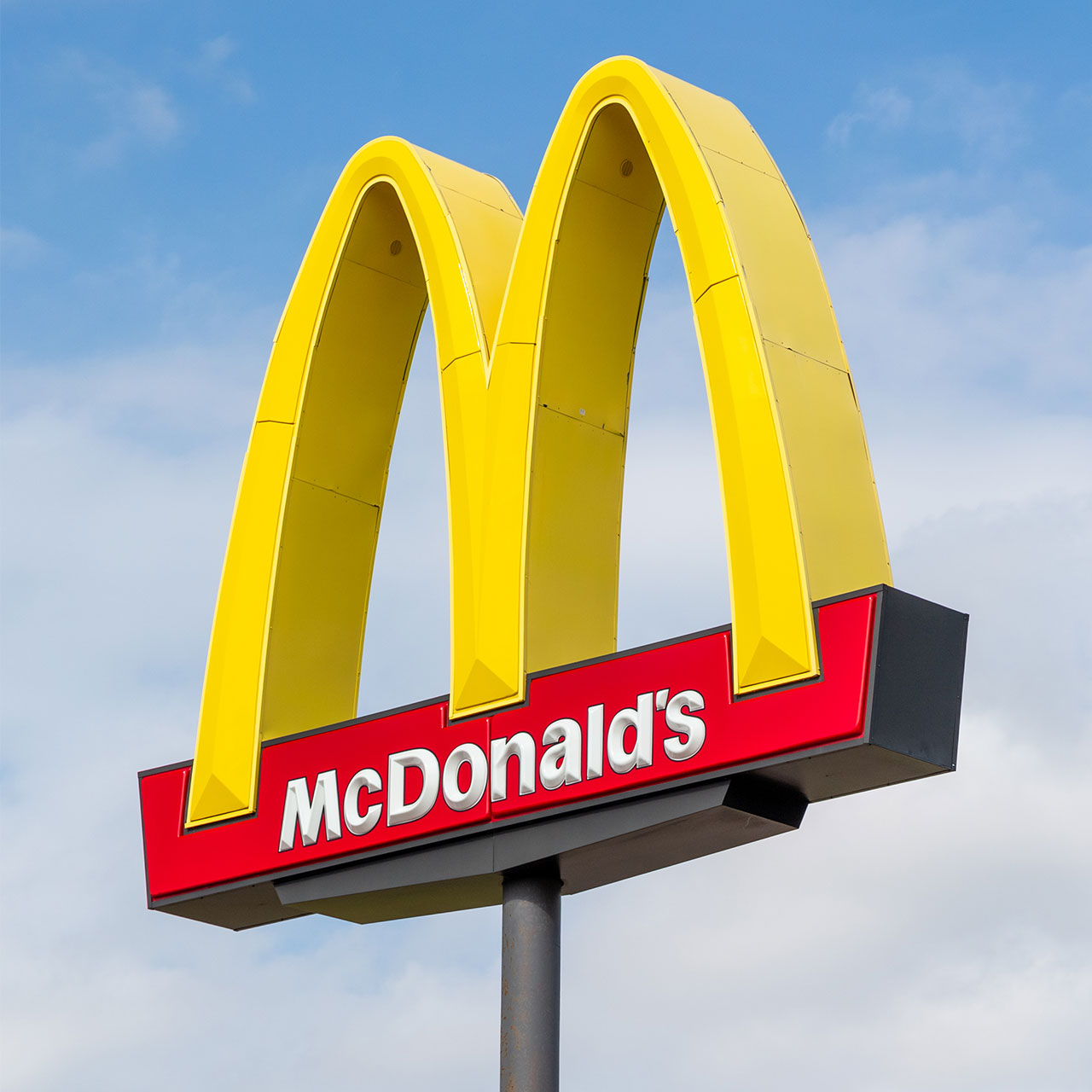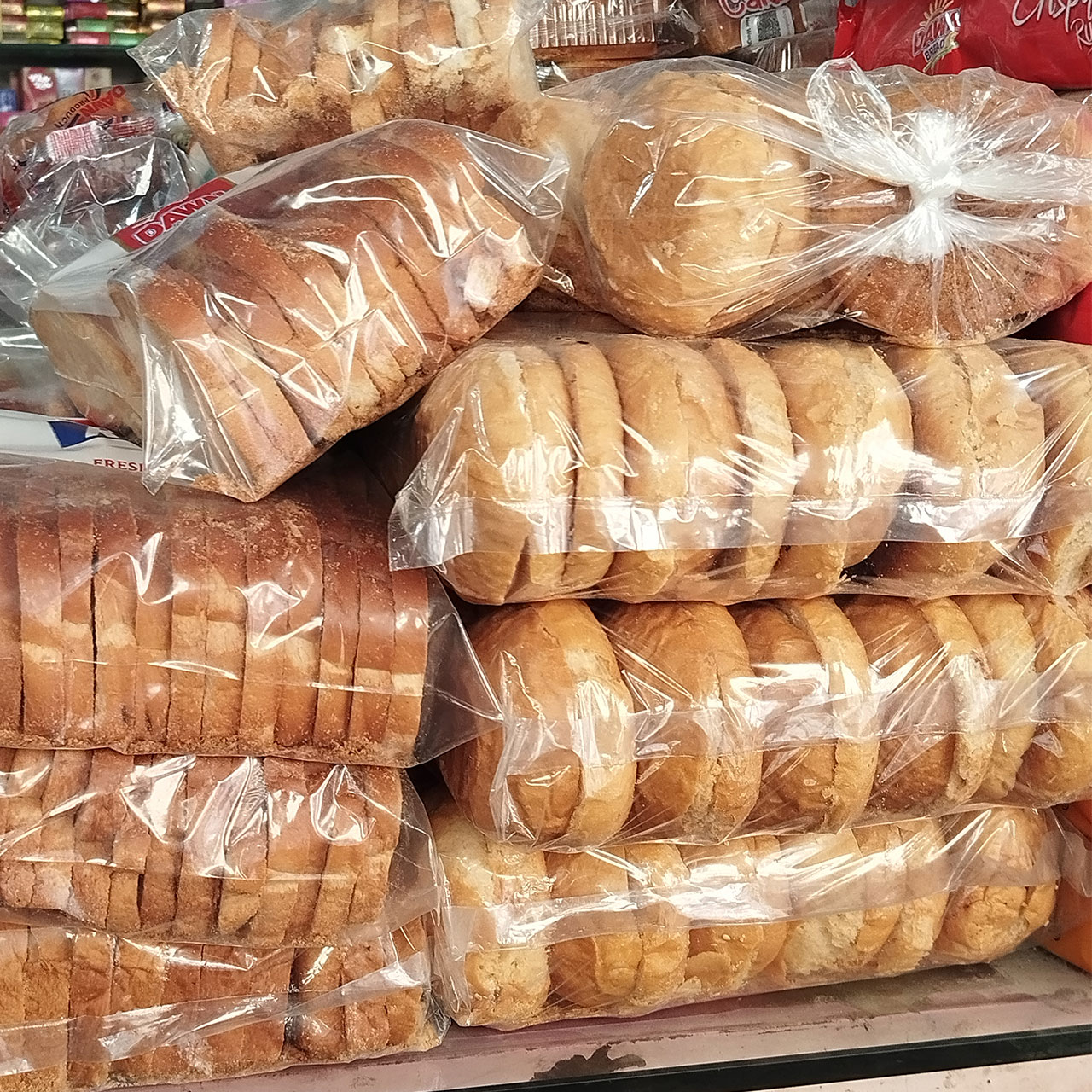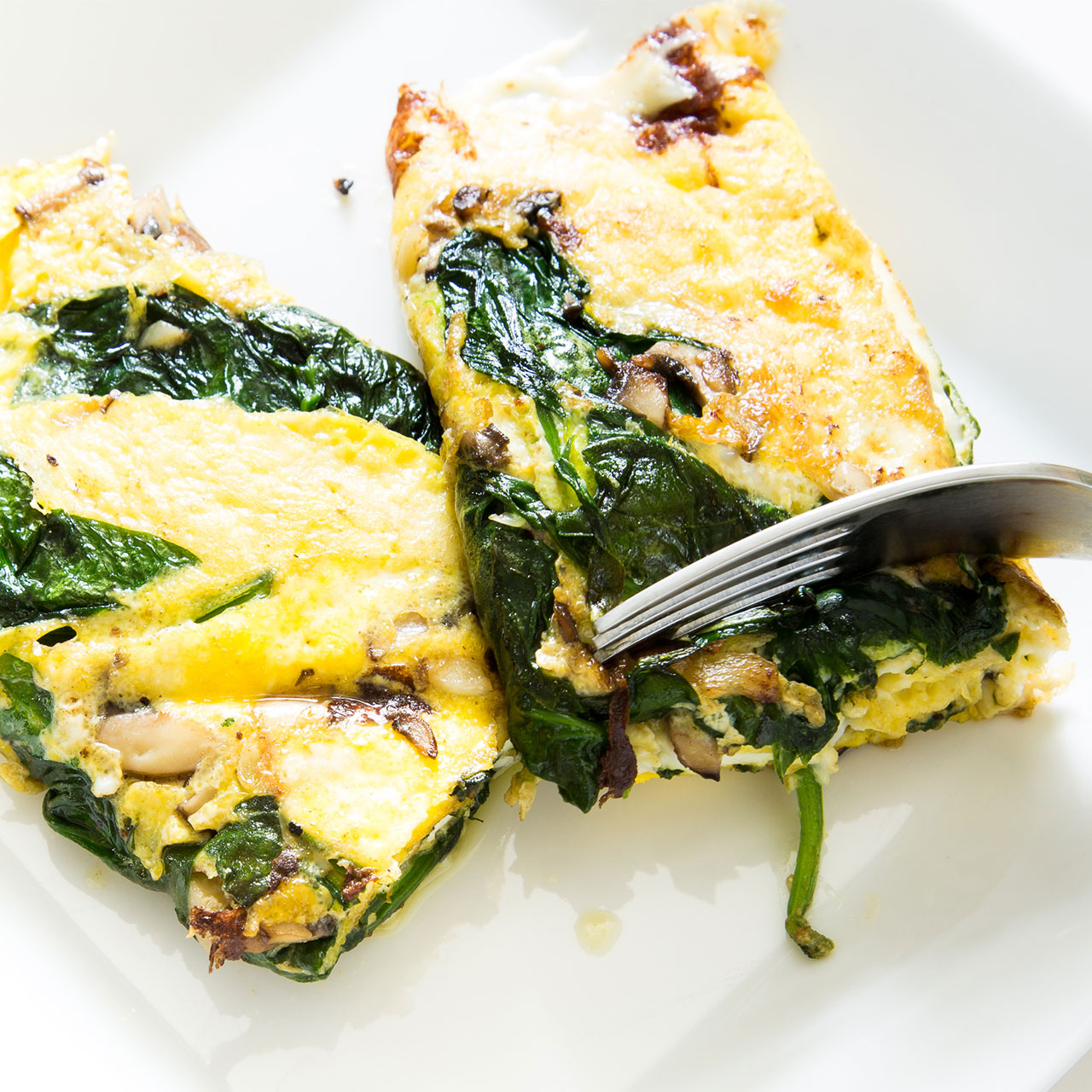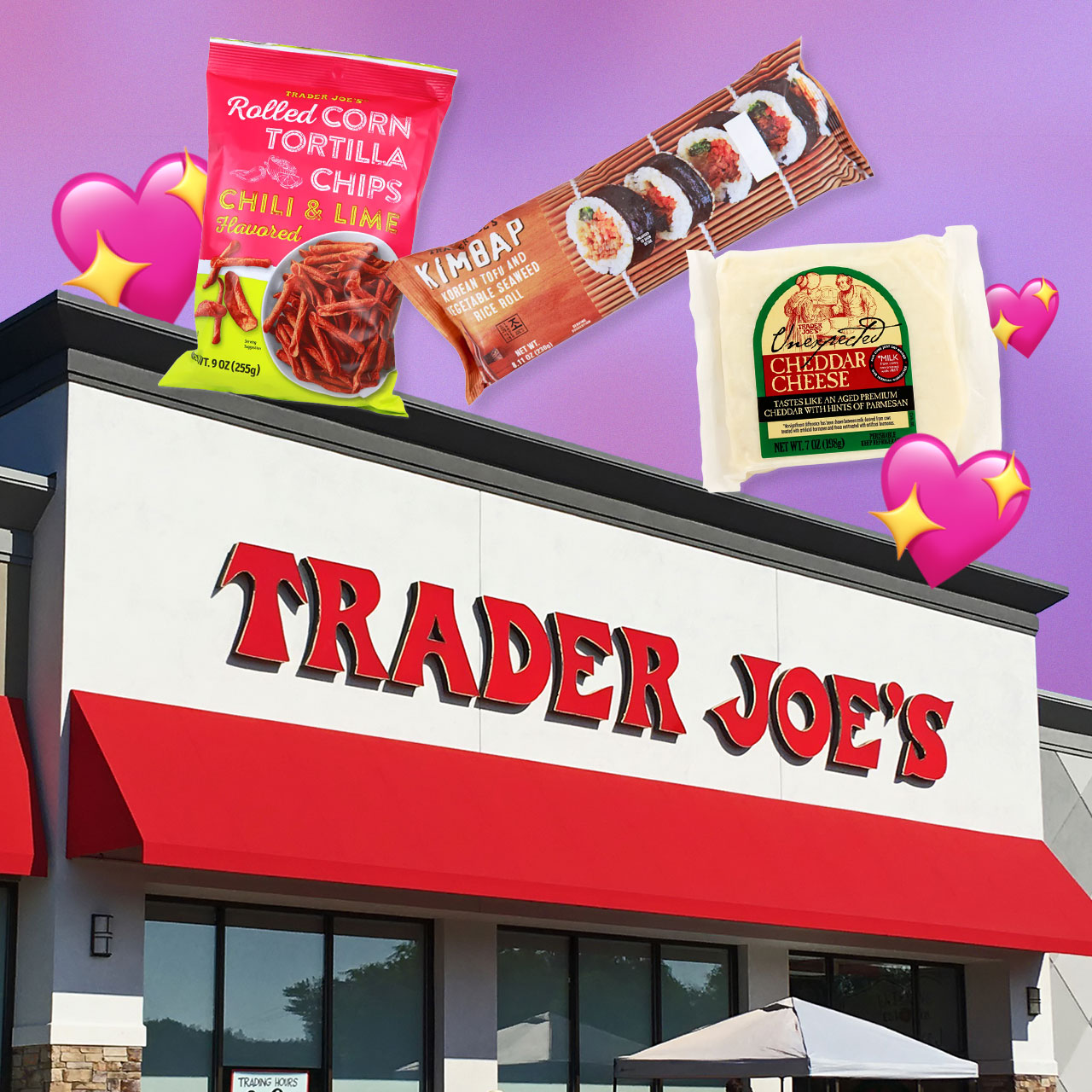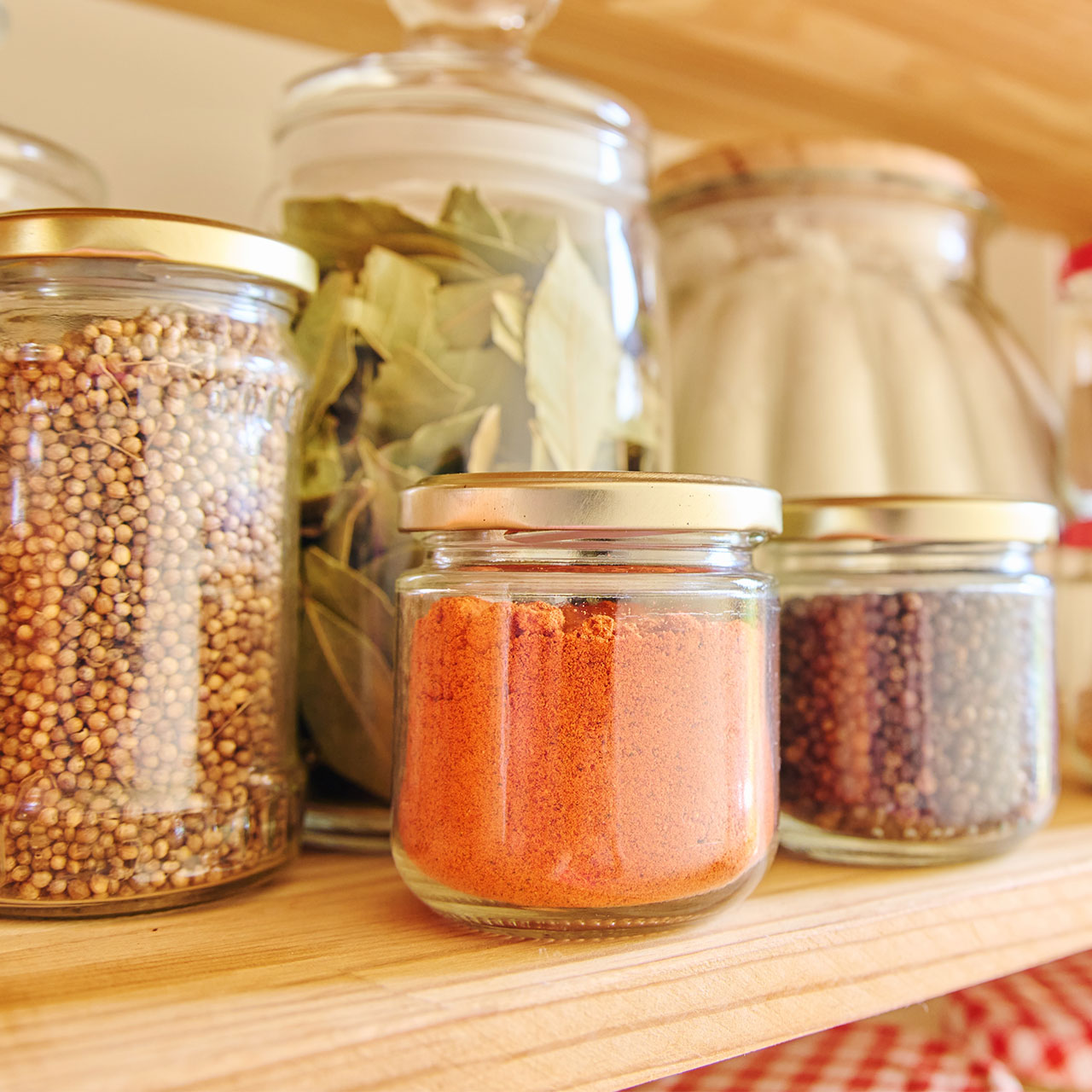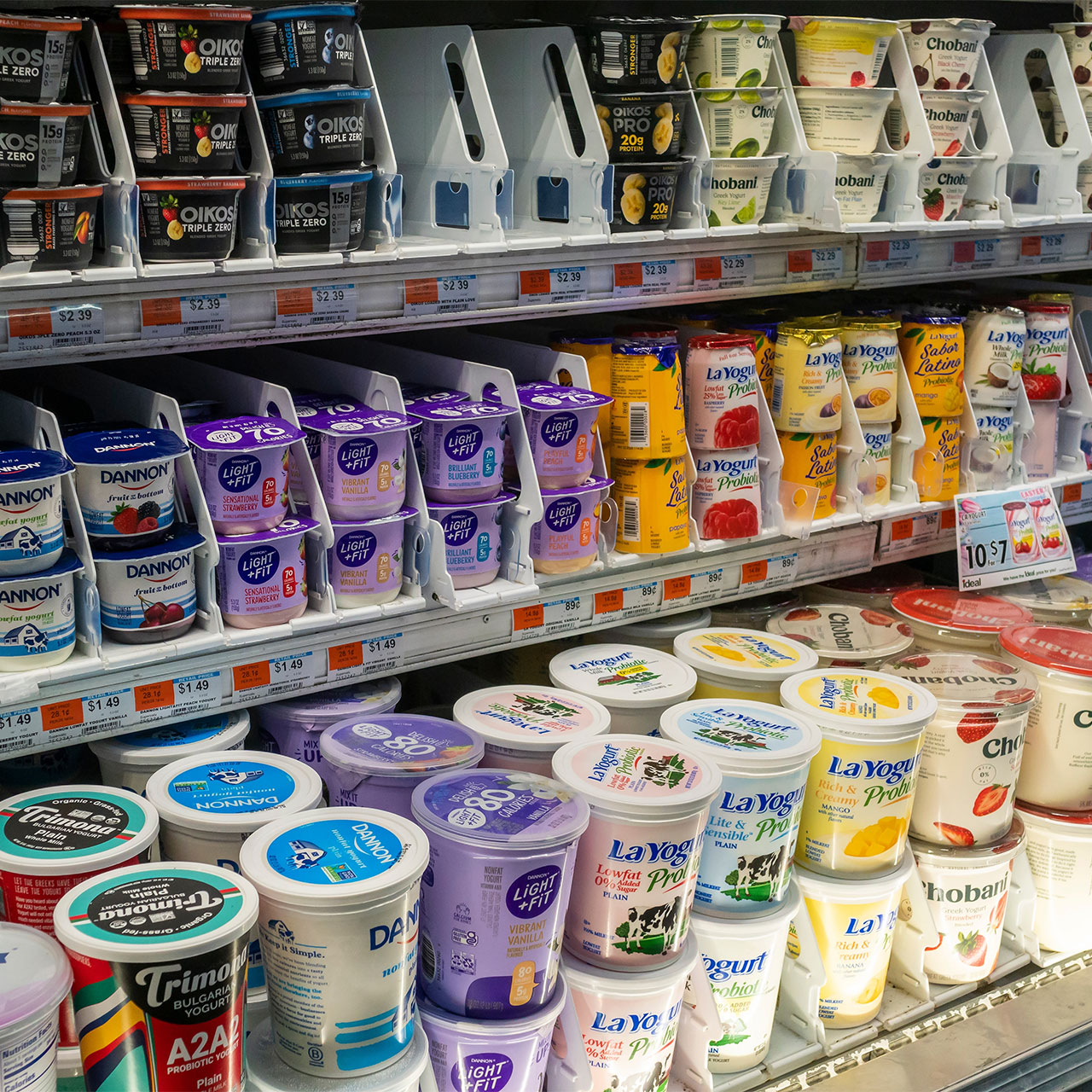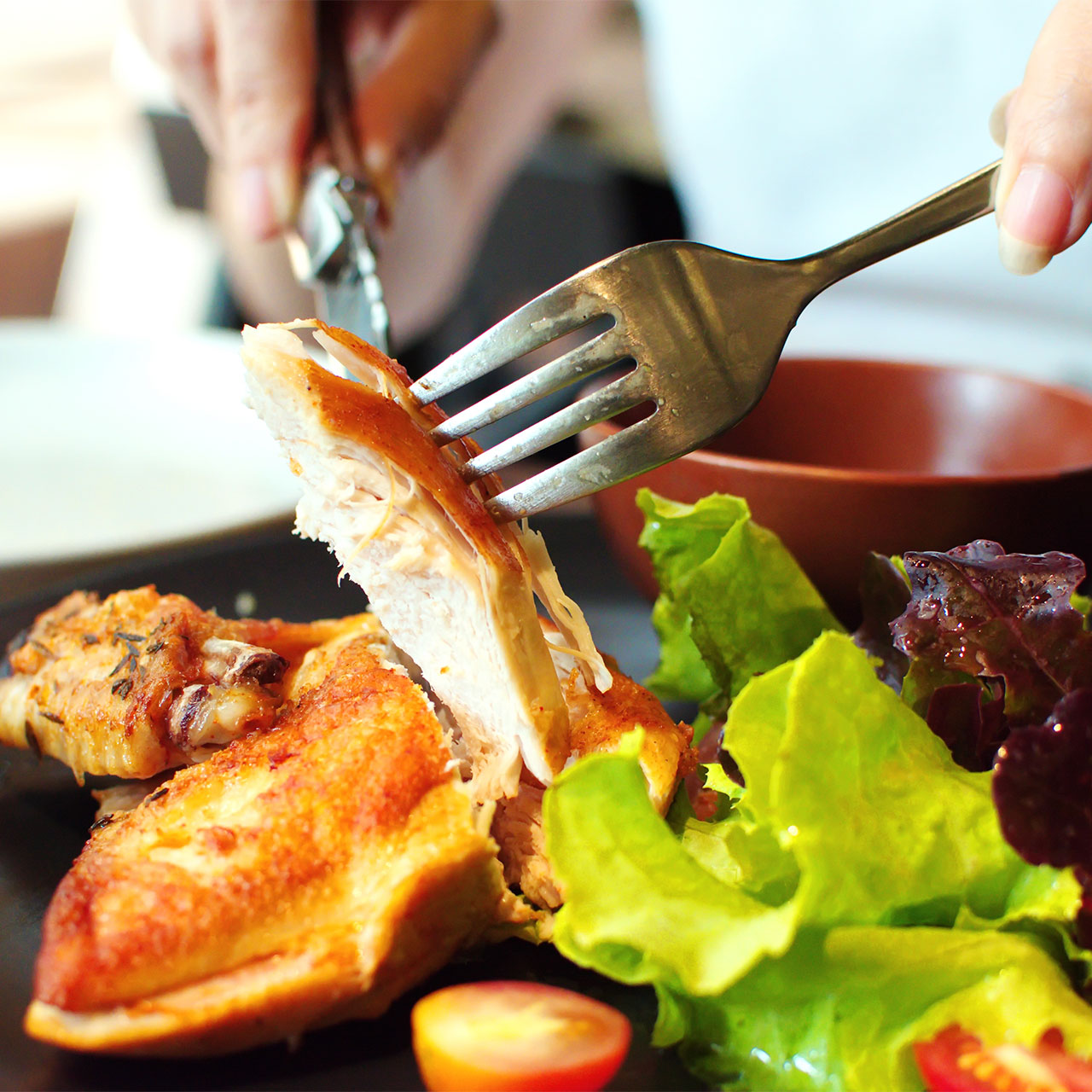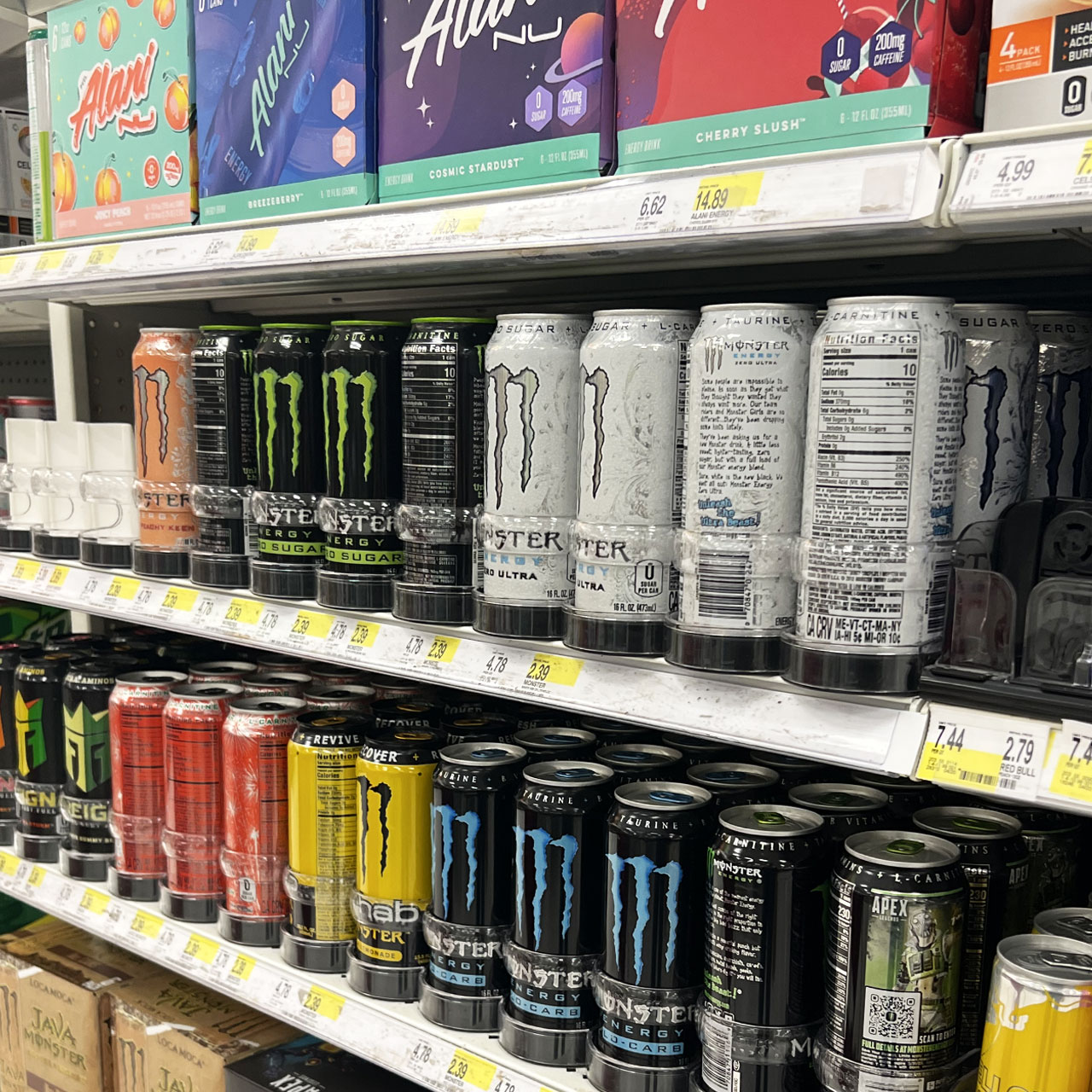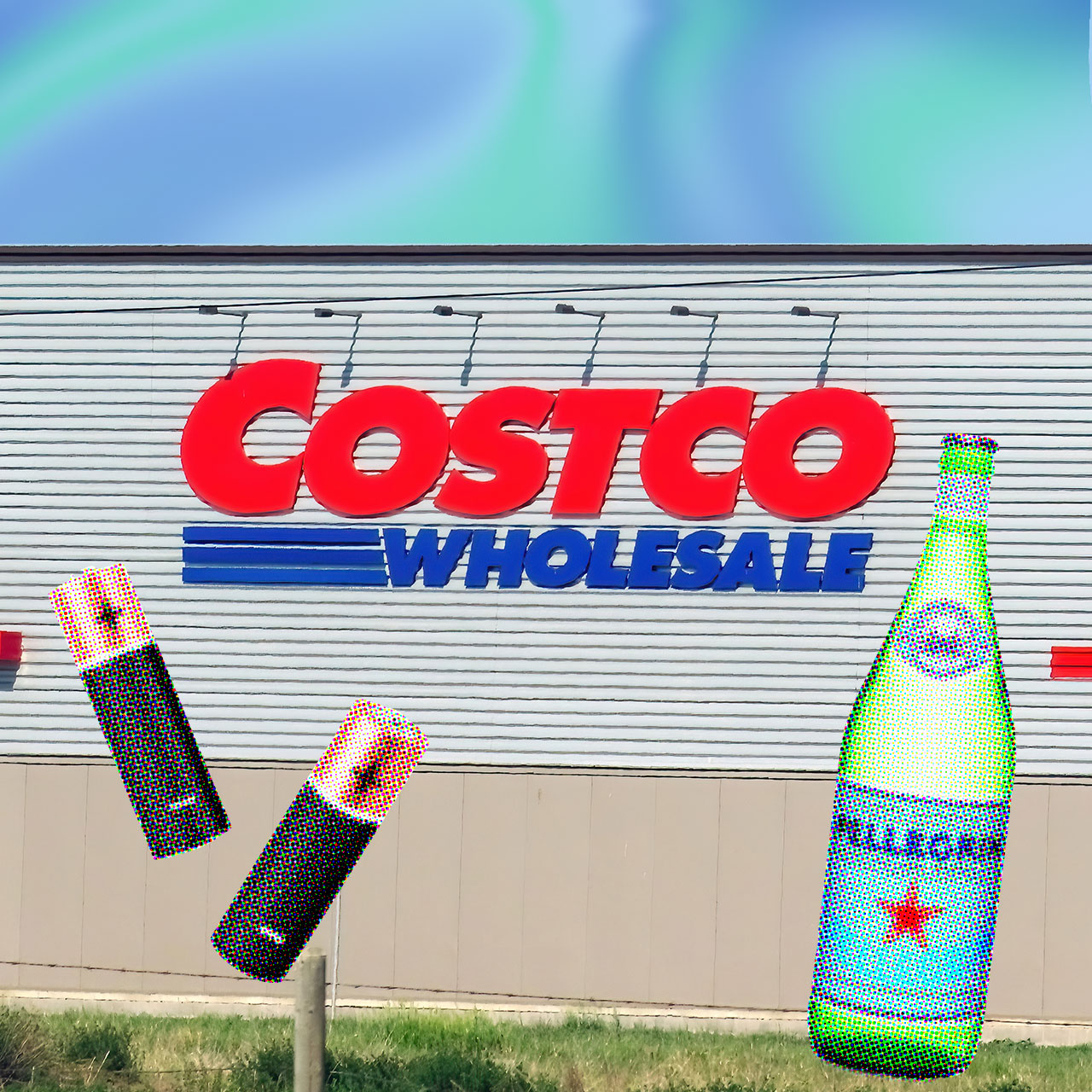This is an archived article and the information in the story may be outdated. Please check the time stamp on the story to see when it was updated last.
Without question, vegetables are some of the healthiest food varieties you could add to your diet for a well balanced lifestyle. Not only are they rich in vitamins and minerals, but many vegetables are also incredibly fibrous and can help to improve your digestion and promote healthy weight loss.
However, while some vegetables can help move digestion along, other veggies have been known to make existing bloating worse, and provoke inflammation in the stomach despite their bountiful health benefits. If you struggle with chronic inflammation and are wondering if your diet may be making things worse, there’s one type of vegetable which could be exacerbating the issue when consumed regularly.


Flavorful and filling, cruciferous vegetables such as broccoli, kale, cauliflower and cabbage undeniably offer a whole host of benefits to your diet. They’re rich in vitamins C, E, and K, and can increase satiety so that you’re left feeling full after your meal, eliminating overeating in the later hours. However, while they may have their pros, cruciferous vegetables are unfortunately some of the most inflammatory there are.
“Despite their high nutritional value, these veggies contain raffinose, which is an indigestible carbohydrate that travels through the digestive tract without proper breaking down,” warns Clara Lawson, RDN. While carbohydrates are certainly not the enemy, certain carbs are more difficult to digest and therefore can cause a buildup of gas in the intestines, leading to bloating.
As vegetables containing raffinose travel through your body you will likely experience an influx of gas as you try to break them down. It’s advised that if you struggle with chronic bloating it may be best to eliminate such cruciferous vegetables from your diet altogether, swapping them out for alternatives such as leafy greens which are easier on the stomach to digest. Thankfully there are also ways that you can make these vegetables slightly easier on your body, other than simply limiting your intake.
“If you cannot avoid eating [cruciferous vegetables], try to limit their consumption and make sure you thoroughly cook these vegetables before eating,” suggests Lawson. “It is so because cooking vegetables soften their fiber and shrink their portions that will take less space in your GI tract and the chances of bloating reduce.” Avoiding the raw form of cruciferous veggies will also be better on your digestive system, limiting the bloating which may occur as a side effect.
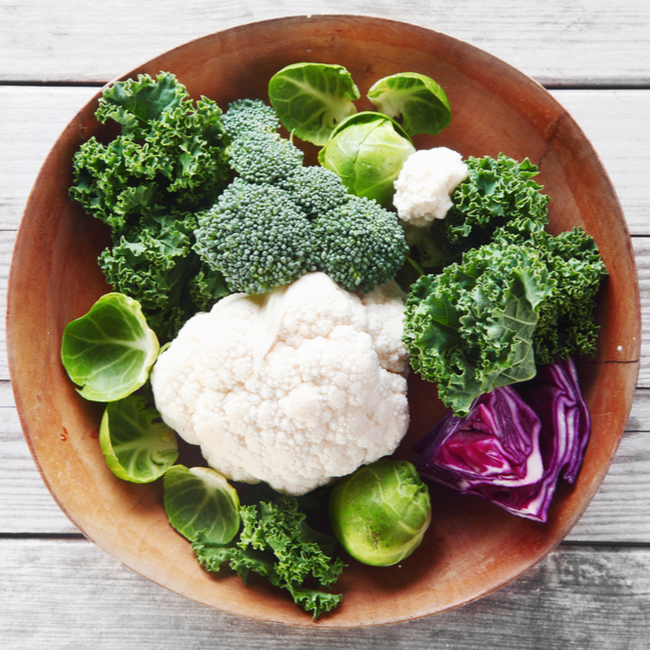
Bloating and inflammation can stem from a number of causes, but the food you eat is often the most common. If you’re prone to chronic inflammation, your body likely has a more difficult time with digestion and this should be taken into account when creating a diet which allows you to feel good in your skin. Another vegetable which can cause inflammation and discomfort is onion, and it’s often recommended that such vegetables are removed from your diet if you’re having a hard time pinpointing the solution to your stomach issues.
However, if cruciferous veggies or onions happen to be your favorite, it may simply be a solution enough to avoid eating them raw and make sure to cook thoroughly before eating. Pairing these veggies with an anti-inflammatory seasoning may also be useful for improving your diet, and turmeric and ginger are well known for having these benefits.
Inflammation is a normal part of life and even if you follow the most nutritious diet you may still experience this uncomfortable feeling every once in a while, whether it be due to a high intake of salt, hormones, or cruciferous veggies. Taking care to stay hydrated and limit triggering foods in your diet can help to reduce this issue in the day to day, but if your bloating because a constant struggle, it may be worth consulting with a GI specialist in order to determine if something more could be done or if you’re suffering from a hidden food allergy.
You should never fear carbs or cruciferous vegetables as they’re packed with vitamins and minerals which are great for your health, but when it comes to digestion, being aware of foods that may make bloating worse is the best way to nip the issue in the bud.







